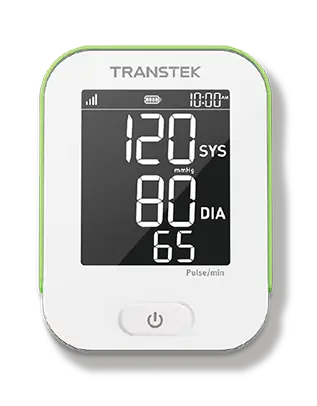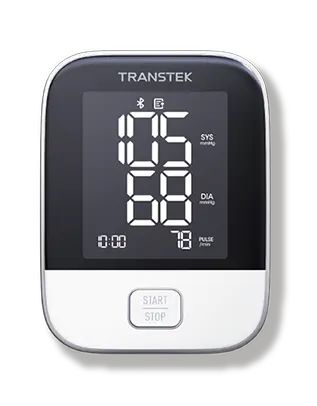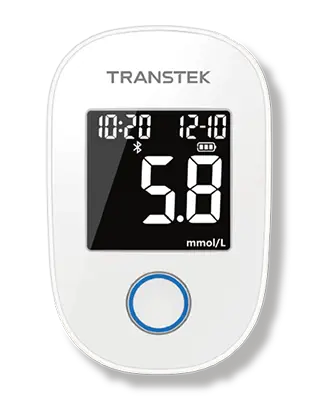
In today's digital age, technology is revolutionizing how we manage chronic diseases. One significant advancement in this realm is the emergence of 4G blood glucose meters. These devices are changing the landscape of chronic disease management, particularly for individuals with diabetes. In this article, we will explore how 4G blood glucose meters are shaping the future of healthcare.
Understanding 4G Blood Glucose Meters
Before we dive into their significance, let's gain a better understanding of what 4G blood glucose meters are and how they function.
4G blood glucose meters are advanced monitoring devices designed for individuals with diabetes. They allow for real-time and remote tracking of blood glucose levels. These devices leverage 4G cellular connectivity to transmit data to a secure online platform, which can be accessed by patients and healthcare providers.
The Significance of 4G Blood Glucose Meters
The rise of 4G blood glucose meter brings about several important benefits for chronic disease management, especially in the context of diabetes.
Real-Time Monitoring
With 4G blood glucose meters, individuals can monitor their glucose levels in real-time. This immediate feedback allows for prompt adjustments to insulin doses, dietary choices, and other factors influencing blood sugar.
Reduced Hassle and Improved Adherence
The convenience of 4G blood glucose meters encourages better adherence to monitoring routines. With data automatically uploaded to an online platform, patients are more likely to stay engaged in their health management.
Enhanced Data Analysis and Treatment
The data collected by 4G blood glucose meters offer invaluable insights into an individual's health. Healthcare providers can access this data to make more informed decisions regarding treatment plans and adjustments.
Predictive Insights
Advanced algorithms can analyze the data to provide predictive insights. These predictions help individuals anticipate glucose fluctuations and take preemptive action, reducing the risk of severe hyperglycemic or hypoglycemic events.
Improved Patient-Provider Communication
The ability to share real-time data through 4G blood glucose meters facilitates more effective communication between patients and healthcare providers.
Telemedicine and Remote Monitoring
Healthcare providers can remotely monitor patients' glucose levels and make adjustments to treatment plans as needed. This is particularly valuable for individuals in remote or underserved areas.
Conclusion
4G blood glucose meters represent a significant leap forward in the management of chronic diseases, particularly diabetes. Their real-time monitoring, data analysis, and communication capabilities empower individuals to take more control over their health, and healthcare providers can deliver more personalized care. As technology continues to advance, we can expect even more innovative solutions in chronic disease management, further improving the quality of life for those living with these conditions.
TeleRPM BGM Gen 1 has two features:
Leading precision: 1. Test strip with single-layer 8-electrode technology 2. HCT correction technology (both test strip and chip) 3. Accuracy results 4. Precision/Repeatability results
Stable connectivity: 1. Cellular connectivity 2. Measured data in the United States 3. Active antenna test efficiency 4. Passive antenna test efficiency comparison (low frequency)

PREV
+86-0760-85702291







